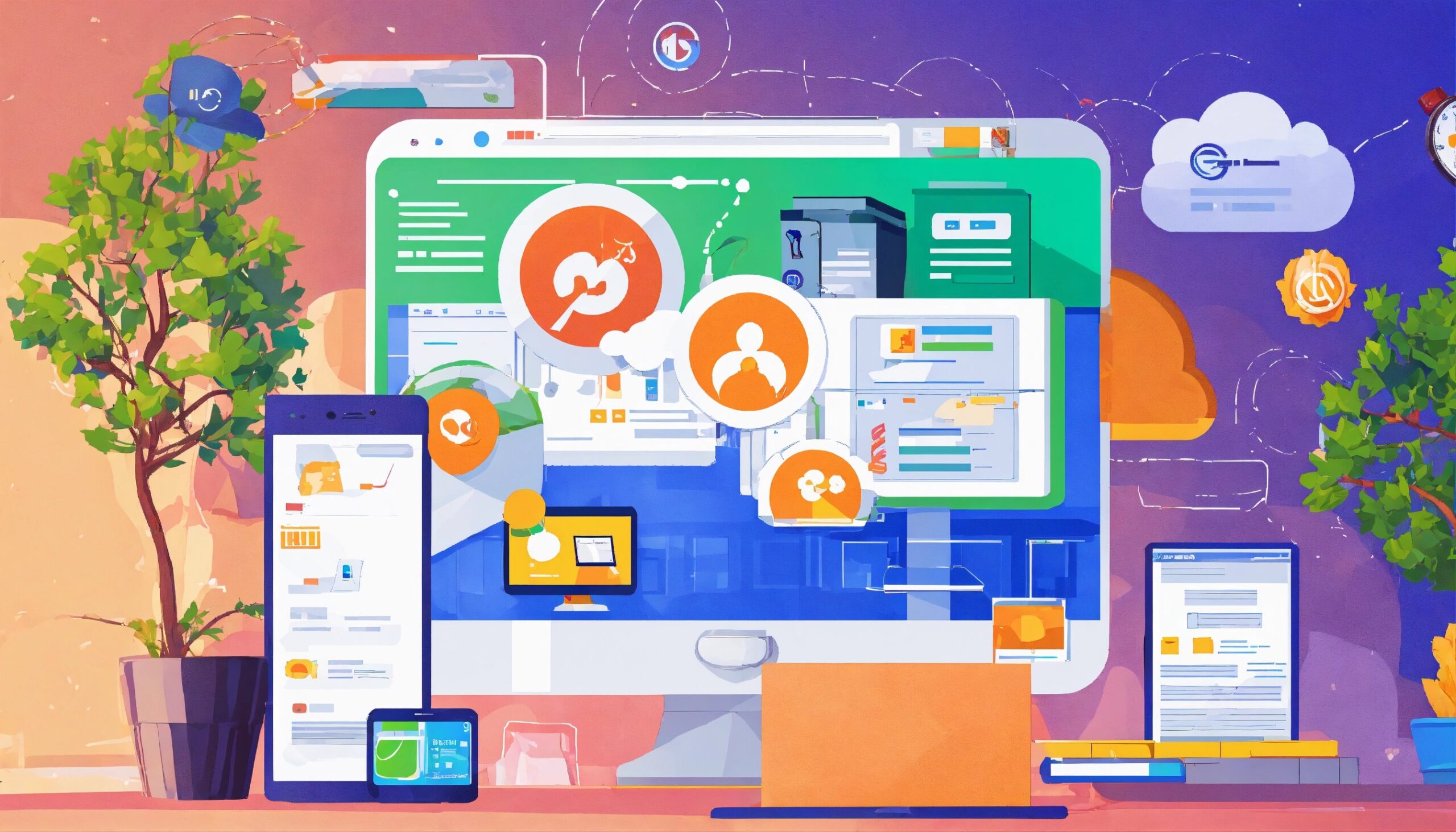Unveiling the Power of Cultural Localization in Mobile App Development
In today’s global marketplace, mobile app development firms are increasingly recognizing the significance of cultural relevance in their creations. With the surge in digital interactions, understanding and integrating cultural nuances have become paramount. Let’s delve into the transformative potential of cultural localization and its impact on mobile apps.
The Essence of Cultural Localization
Cultural localization surpasses mere language translation. It encompasses adapting mobile applications to resonate with the cultural norms, preferences, and behaviors of diverse user groups. It involves meticulous attention to detail, from imagery and symbols to color schemes and even navigation patterns.
Crafting a Seamless User Experience
E-commerce app development services are leveraging cultural localization to enhance user experiences. By tailoring apps to align with local customs and expectations, developers can foster deeper connections with their target audiences. This personalized approach not only boosts engagement but also cultivates brand loyalty.
Navigating Cultural Sensitivities
One of the primary challenges in cultural localization is navigating cultural sensitivities. Mobile app developers must tread carefully to avoid inadvertently offending users. By conducting thorough research and consulting cultural experts, firms can mitigate risks and ensure their apps resonate positively with diverse audiences.
Overcoming Language Barriers
While language is a crucial aspect of cultural localization, it’s essential to recognize that communication goes beyond words. Visual elements, symbols, and even gestures play pivotal roles in conveying messages effectively. Mobile app development firms must strike a delicate balance between linguistic accuracy and cultural authenticity.
Embracing Diversity and Inclusion
Cultural localization goes hand in hand with promoting diversity and inclusion in mobile app development. By embracing the rich tapestry of global cultures, developers can create inclusive experiences that cater to individuals from all walks of life. This not only expands the app’s reach but also fosters a sense of belonging among users.
Driving Business Growth
Ultimately, cultural localization is not just a matter of social responsibility; it’s also a strategic imperative for businesses. By investing in cultural relevance, mobile app development firms can gain a competitive edge in the global market. Apps that resonate with users on a cultural level are more likely to garner positive reviews, drive customer satisfaction, and ultimately, fuel business growth.
In conclusion, cultural localization is a powerful tool that mobile app development firms can wield to create meaningful, impactful experiences for users worldwide. By understanding and embracing cultural diversity, developers can unlock new opportunities, forge stronger connections, and drive innovation in the ever-evolving digital landscape.
Leveraging Data for Cultural Insights
In the age of data analytics, mobile app development firms have unprecedented access to user behavior metrics. Leveraging this data allows developers to gain valuable insights into the cultural preferences and trends of different demographics. By analyzing user interactions, engagement patterns, and feedback, firms can refine their localization strategies and tailor their apps more effectively.
The Role of AI in Cultural Adaptation
Artificial intelligence (AI) is revolutionizing cultural localization in mobile app development. Advanced AI algorithms can analyze vast amounts of cultural data, enabling developers to automate and streamline the localization process. From language translation to content personalization, AI-powered tools are making cultural adaptation more efficient and scalable than ever before.
Future Trends and Innovations
As technology continues to evolve, so too will the practice of cultural localization. Virtual reality (VR) and augmented reality (AR) are poised to revolutionize the way users interact with mobile apps, offering immersive experiences that transcend language barriers. Additionally, blockchain technology holds promise for ensuring the integrity and authenticity of localized content, further enhancing user trust and engagement.
Embracing Diversity and Inclusion
In the realm of mobile app development, embracing diversity and inclusion isn’t just a moral imperative—it’s also a strategic advantage. By ensuring that their apps are accessible and inclusive to users from all backgrounds, developers can tap into a broader market and foster a more loyal user base. This means considering factors such as accessibility features for users with disabilities, as well as inclusive design principles that cater to diverse cultural perspectives.
Building Trust through Authenticity
Authenticity is key to successful cultural localization. Users can quickly discern when an app’s localization efforts feel forced or insincere. To build trust and credibility, mobile app development firms must approach cultural adaptation with authenticity and respect. This involves engaging with local communities, collaborating with native speakers, and incorporating genuine cultural elements into the app experience.
Continuous Iteration and Improvement
Cultural localization is not a one-time task but an ongoing process. Mobile app development firms must continuously monitor user feedback, analyze performance metrics, and iterate on their localization efforts to stay relevant in an ever-changing landscape. This agile approach allows developers to respond swiftly to cultural shifts and evolving user preferences, ensuring that their apps remain culturally resonant and engaging over time.
Conclusion:
In conclusion, cultural localization is a transformative force in the world of mobile app development. By tailoring apps to resonate with the cultural identities and preferences of diverse user groups, developers can create more engaging, meaningful, and inclusive experiences. From language translation to design aesthetics, every aspect of an app can be optimized for cultural relevance, driving user satisfaction, loyalty, and ultimately, business success. As the digital landscape continues to evolve, cultural localization will remain a cornerstone of effective mobile app development, empowering developers to connect with users on a deeper, more meaningful level across the globe.

